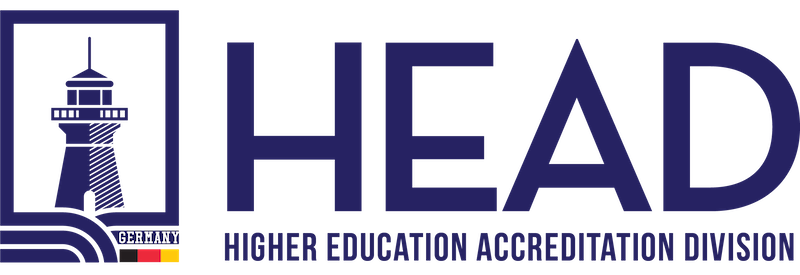Leading the Way: The Crucial Role of Top Management in Education Organization Management Systems

Introduction
Education organizations play a pivotal role in shaping the future of individuals and society at large. To ensure their success, efficiency, and continuous improvement, Education Organization Management Systems (EOMS) are implemented. EOMS encompasses a structured framework that facilitates the seamless management of various educational processes. One of the key factors determining the success of an EOMS is the unwavering commitment and leadership demonstrated by top management. In this article, we will delve into the significance of top management’s involvement in EOMS and how they can effectively engage, direct, and support individuals to contribute to its overall effectiveness.
The Essence of Leadership and Commitment
Leadership and commitment from top management are the cornerstones upon which any successful initiative stands. In the context of EOMS, this commitment goes beyond merely endorsing the system. It involves actively participating in its development, deployment, and continual improvement. When top management exhibits dedication and ownership, it sets a clear example for the rest of the organization. This signals that EOMS is not just another bureaucratic requirement, but a strategic tool for enhancing education quality and organizational efficiency.
Engagement: Fostering Collaboration and Participation
Engagement is a powerful catalyst for the success of any system. Top management must initiate a culture of collaboration and participation in relation to EOMS. This starts with open communication about the goals, benefits, and expectations of the system. Regular meetings, workshops, and discussions should be held to involve relevant stakeholders, from teachers and administrative staff to students and parents. By actively seeking input and involving individuals in decision-making processes, top management can tap into a wealth of diverse perspectives and insights that contribute to the refinement of EOMS.
Direction: Setting Clear Goals and Expectations
Effective leadership includes providing clear direction. Top management should outline strategic goals and objectives aligned with the organization’s mission and vision. These goals should include measurable targets for EOMS implementation, such as improved student outcomes, streamlined administrative processes, and enhanced teacher professional development. When everyone in the organization understands the larger purpose of EOMS and their individual role in achieving these goals, they are more likely to commit wholeheartedly to its success.
Support: Providing Resources and Removing Barriers
Support from top management involves more than just verbal encouragement. It requires providing the necessary resources, both financial and human, to ensure the smooth functioning of EOMS. This could entail investing in technology infrastructure, training programs, and ongoing professional development opportunities. Additionally, top management must actively identify and address any barriers that hinder the effective implementation of EOMS. By addressing concerns and challenges promptly, they demonstrate their commitment to overcoming obstacles and fostering a culture of continuous improvement.
Conclusion
Education Organization Management Systems hold immense potential to elevate the quality and effectiveness of education institutions. However, realizing this potential requires the unwavering commitment and leadership of top management. By actively engaging, directing, and supporting individuals throughout the organization, top management sets the tone for a culture of collaboration, accountability, and continuous improvement. As education continues to evolve, the role of top management in championing EOMS becomes ever more critical, ultimately shaping the future of education for generations to come.
Would you like to speak to one of our Higher Education Accreditation Expert? Just submit your details and we’ll be in touch shortly. You can also email us if you would prefer.

